This post may contain affiliate links. Please read my disclosure and privacy policy.
It’s no secret that I’m a big fan of goat cheese, but it’s not just the taste that I love.
Compared to cow dairy, goat milk also tends to be easier to digest! There is a bit of confusion surrounding the reasons why– with rumors that it is free of lactose or casein– so let’s set the record straight.
—
Here’s why goat milk is better for digestion:
1. Smaller Fat Molecules. The fat molecules in goat milk are shorter, making them easier for the body to assimilate. These smaller fat molecules are suspended throughout goat milk, making it “naturally homogenized,” while cow milk contains larger fat molecules that naturally separate and form the thick layer of cream found on top of non-homogenized milk.
The smaller the fat molecules, the easier they are digested, which gives goat milk a digestive edge.
—
2. Different Protein Structure. All types of milk contain casein proteins, but the composition of these proteins can vary greatly between different animals. Goat and sheep milks have a very similar protein structure, but when compared to the protein in cow milk, they both contain significantly less of the alpha S1 casein protein, which is associated with allergies.
In fact, this study suggests that goat milk may be a hypoallergenic alternative to cow milk, particularly for children:
“Goat milk as a substitute for cow milk was studied in 38 children during a 5 months period [33]. The children on goat milk surpassed those on cow milk in weight gain, height, skeletal mineralization, and blood serum contents of Vitamin A, calcium, thiamin, riboflavin, niacin and hemoglobin. Similar findings were obtained in studies with rats [34]. In French clinical studies over 20 years with cow milk allergy patients the conclusion was that substitution with goat milk was followed by “undeniable” improvements [33]. In other French extensive clinical studies with children allergic to cow milk, the treatment with goat milk produced positive results in 93% of the children and was recommended as a valuable aid in child nutrition because of less allergenicity and better digestibility than cow milk [33].”
—
3. Less Lactose. Goat milk contains slightly less lactose than cow milk (4.1 percent vs. 4.7 percent) which may give it a mild advantage when it comes to digestion. The fermentation process used to make cheese and yogurt also reduces the lactose, which explains why some people with lactose issues can enjoy certain fermented dairy products. The longer a cheese is aged, the less lactose it will contain.
—
Though it may not impact digestion, goat milk also offers 13% more calcium than cow’s milk, along with 25% more vitamin B-6, 47% more vitamin A, 134% more potassium and 350% more niacin. It is also higher in minerals like chloride, copper and manganese, and contains 27% more of the essential element selenium.
Note: I prefer to consume raw goat cheese, when possible, as the raw enzymes seem to help with the digestive process. The FDA requires that cheese made from raw, unpasteurized milk must be aged for 60 days to be considered “safe” for public sale in grocery stores, and this aging process allows the acids and salt found in cheese to naturally destroy harmful bacteria, without the use of heat.
—
My favorite aspect of goat dairy? It makes vegetables taste delicious! (And anything that makes me eat more vegetables is a good thing in my book.)
Some of my favorite ways to enjoy them together include:

|

|

|
|
|
I hope this clears up any confusion, and encourages you to try goat or sheep versions of your favorite cheeses and yogurts, if you haven’t already!
—
Reader Feedback: Are you a fan of goat cheese?
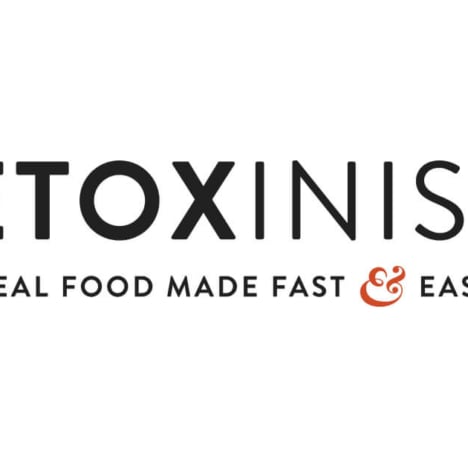
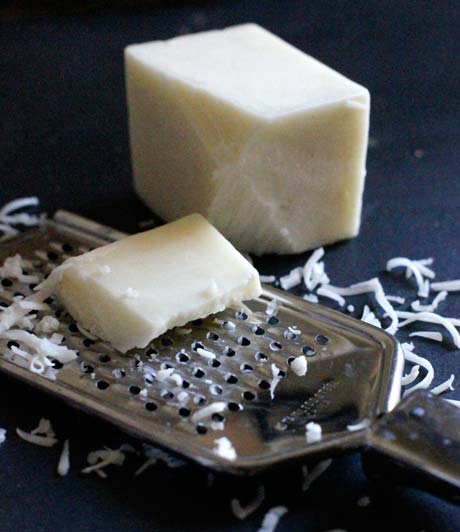
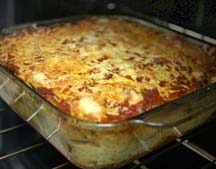



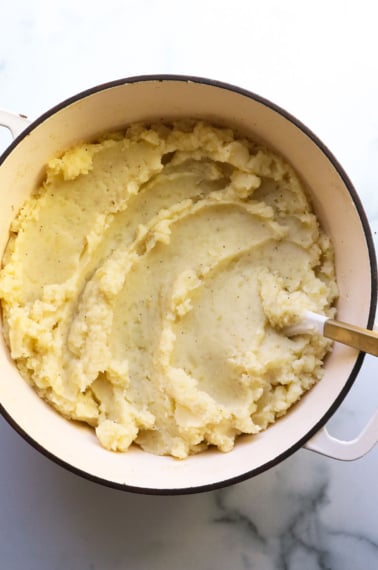
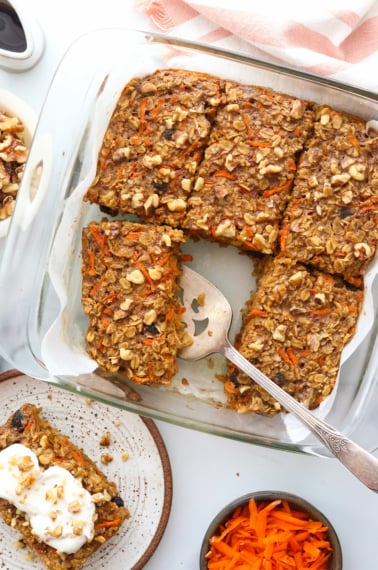
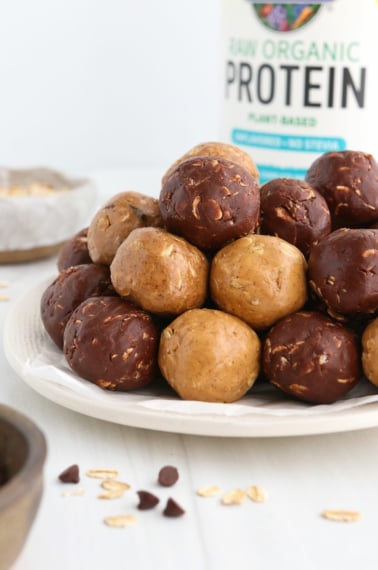







I have severe stomach trouble I was told goat milk can help heal my gastroparesis (stomach dont empty well) is this true?
May I simply just say what a relief to discover someone that actually knows what they are talking about online. You actually know how to bring an issue to light and make it important. A lot more people ought to look at this and understand this side of the story. It’s surprising you aren’t more popular given that you definitely possess the gift.
Goat Milk has negative effects on my gut. I have been suffering from IBS for 3 years. And goat milk is considered the main trigger of Irritable Bowel Syndrome.
The China Study did not only prove that cow milk is bad for you, it also proved that in areas where cow milk (even natural) was consumed in high quantity, were also the areas with high rates of cancer cases. If one component of a product is obviously proven to be extremely dangerous for your health, who cares if the other components are or aren’t dangerous. Let’s not debate this till the end of the world. Cow milk is bad for you. Period. Don’t try to advocate for something that can cause serious health problems to so many people.
I love your site and all the vegan ideas you suggest. I also love goat cheese so far.
I bought raw goat cheddar cheese and absolutely love adding it to salads! Thank you for the suggestion! What is the best way to store it and how long does it last after opening? Thanks so much!
I’m glad you’re enjoying it! I store my opened cheese in a sealed glass container in the fridge, and use it up within the week.